What Is Buyer’s Remorse? How to Avoid Regret After Buying a Home

Introduction: That Doubtful Feeling After Buying a Home
You saved, planned, and finally signed all the paperwork. The keys are in your hand, and your new home is officially yours. But as the excitement fades, a strange feeling sneaks in. Instead of joy, you start to feel unsure. You wonder, "Did I make the right choice?" or "What if I rushed into this?"
This feeling is more common than you might think—especially for first-time homebuyers. It's not that the house is bad. It’s not even about the price. It’s something else. A quiet worry. A bit of regret. A voice in your head saying, "Maybe I should’ve waited."
This blog will walk you through what that feeling is, why it happens, and most importantly—how you can keep it from ruining your homebuying experience.
What Is Buyer’s Remorse?
Buyer’s remorse is that heavy, uneasy feeling you get after making a big decision—like buying a car, booking an expensive trip, or most commonly, buying a home. It’s that quiet voice that starts to whisper, “Was this really the right choice?”
When someone buys a house, they often expect to feel excited and proud—and most do, at first. But after the boxes are unpacked and the paperwork is done, doubt can start to creep in. Suddenly, the kitchen feels smaller than you remember. The neighbor’s dog barks more than you expected. Or maybe the monthly mortgage feels scarier than it did on paper.
That’s buyer’s remorse. It doesn’t mean you made a mistake. It doesn’t mean you bought the wrong house. It simply means you’re feeling unsure—and that’s okay.
This feeling is especially common with first-time homebuyers. That’s because buying a house is one of the biggest financial moves most people will ever make. It’s a mix of money, emotions, and long-term commitment—all rolled into one. So it’s completely normal to feel a little overwhelmed or even second-guess your decision.
The good news? Buyer’s remorse doesn’t have to last. When you understand where it comes from, it becomes easier to deal with. And if you’re still planning your purchase, there are simple steps you can take to avoid this feeling altogether.
Why Homebuyers Feel Remorse
Buyer’s remorse doesn’t just come out of nowhere. It often builds up from small worries or rushed decisions made during the homebuying process. Here are some common reasons why homebuyers—especially first-timers—start to feel regret after closing:
1. Rushing the Decision
Some buyers feel pressured to make an offer quickly, especially in a hot market. Maybe you were afraid someone else would grab the house first. Maybe your agent or family kept saying, “You’ll miss out if you wait!” So you made a choice before really thinking it through. Later, that rush can turn into regret.
2. Overpaying
Even if you loved the house, you might wonder if you paid too much. Home prices can be high, and once the excitement fades, it’s easy to think, “Did I really get my money’s worth?” If the home needs repairs or updates right away, those doubts can grow even stronger.
3. Surprise Repairs or Issues
Some problems aren’t obvious during a short walk-through. Maybe the roof leaks when it rains. Maybe the plumbing acts up. If these things weren’t caught during the inspection—or if the inspection was skipped entirely—it can leave you feeling like you bought someone else’s headache.
4. Location Concerns
The house might be nice, but what about the neighborhood? Is it too noisy? Is the commute longer than you thought? Are the schools, shops, or parks not what you expected? Once you settle in, these everyday details can have a big impact—and make you question your choice.
5. Comparison With Other Homes
After closing, many buyers keep looking at listings. Maybe you see another home that’s bigger, cheaper, or in a better area. Even if your house is great, comparing it to others can make you second-guess your decision.
6. Outside Opinions
Sometimes, friends or family give their opinions—after you’ve already bought the home. Comments like “You paid how much?” or “I would’ve chosen something else” can make you feel unsure, even if you were happy before.
The Real Cost of Buyer’s Remorse
Buyer’s remorse isn’t just a passing thought—it can affect your mood, your decisions, and even your finances. While the feeling might seem small at first, it can grow into something bigger if not addressed. Let’s take a look at what it can really cost you.
1. Emotional Stress
Regret has a way of weighing on your mind. It can turn what should be an exciting chapter in life into a stressful one. You might lose sleep, feel anxious, or argue more with your partner. Instead of enjoying your new home, you may find yourself focusing on the "what ifs."
2. Unhappiness in Your New Home
When buyer’s remorse kicks in, it’s hard to feel settled. You might avoid decorating, hesitate to invite guests over, or even feel disconnected from your own space. The house starts to feel like a burden instead of a blessing.
3. Financial Consequences
Some buyers get so overwhelmed by remorse that they start thinking about selling the house too soon. But selling a home early often means losing money. You may not have built enough equity, and you’ll also face selling costs, moving fees, and possibly another down payment. Even if you don’t sell, making expensive changes too soon (like big renovations) just to “fix” your feelings can strain your budget.
4. Doubt in Future Decisions
If you feel like you made a mistake this time, you might hesitate the next time a big decision comes around. Buyer’s remorse can shake your confidence—not just in home buying, but in other areas of life too.
The truth is, most homeowners experience some form of regret at some point. But the cost of that regret—emotionally, mentally, or financially—can be lessened with the right approach. And even better, it can be prevented entirely if you take the right steps before you buy.
How to Avoid Buyer’s Remorse Before You Buy
The best way to handle buyer’s remorse is to stop it before it starts. Buying a home is a big deal, but that doesn’t mean it has to be overwhelming or full of regret. With the right mindset and steps, you can feel confident about your choice—and excited about your future home.
Here’s how to avoid that sinking feeling after the sale:
1. Take Your Time
Don’t rush just because others say the market is hot. A home is a long-term decision, not a race. If something doesn’t feel right, pause. It’s better to wait a little longer than to regret a fast choice.
2. Stick to Your Budget
It’s easy to fall in love with a house that’s just a little outside your price range. But stretching your budget can lead to stress down the road. Choose a home you can afford comfortably—not just now, but in the future, too.
3. Get a Home Inspection
Always, always get a proper inspection. This can uncover hidden problems you might not see during a showing. Knowing what needs fixing before you buy can help you avoid surprise repairs and unexpected costs.
4. Think Long-Term
Look beyond the excitement of buying your first home. Ask yourself:
- Will this home fit my needs in 5 years?
- Is the location right for my job, family, or lifestyle?
- Does the layout work for everyday living?
Planning ahead can help you avoid outgrowing your home too soon.
5. Ask Questions—Lots of Them
No question is too small when you’re buying a house. Ask your agent, ask the seller, ask your lender. The more you know, the fewer surprises you’ll face after moving in.
6. Don’t Let FOMO Control You
FOMO—fear of missing out—can be powerful in a fast-moving market. But don’t let it make your decisions for you. Just because a home is popular doesn’t mean it’s right for you. Trust your gut, not the pressure.
What to Do If You Already Have Buyer’s Remorse
Sometimes, even with the best planning, buyer’s remorse can still show up. That’s okay. It doesn’t mean you made a terrible mistake—it just means you're adjusting to a big change. So, what should you do if you’re already feeling regret after buying your home?
1. Pause and Reflect
Take a step back. Ask yourself: Is this a real issue, or just fear?
A lot of the time, the regret is emotional. You may feel overwhelmed by the new responsibilities or unsure because everything feels unfamiliar. That’s completely normal, especially in the first few weeks or months.
2. Give Yourself Time
Settling into a new home takes time. What feels uncomfortable now may start to feel more like home as the days go by. Don’t make big decisions—like selling or moving—too quickly. Let the dust settle first.
3. Talk to Someone You Trust
Reach out to your real estate agent, a friend, or a family member. Sometimes, just saying your concerns out loud can help you see them more clearly. Your agent may even offer solutions or resources you didn’t know about.
4. Make Small Changes
Sometimes, all it takes is a few updates to feel more comfortable. Paint a room. Rearrange your furniture. Add personal touches that make the space feel like yours. These small steps can help build a connection with your home.
5. Focus on the Positives
It’s easy to see flaws when you’re stressed, but don’t forget why you chose the home in the first place. What made you say yes? Try making a list of things you do like about the home and the neighborhood—it can shift your mindset.
6. Explore Your Options (If It’s More Serious)
If your remorse is due to major issues—like serious damage, location problems, or financial strain—you can still explore your options. Selling, renting out the property, or even refinancing might help. It’s not always ideal, but it’s also not the end of the world.
Buyer’s remorse may feel heavy at first, but it’s not permanent. Most of the time, it fades as you settle in and make the space your own. And even if it sticks around a little longer, you still have the power to shape your experience moving forward.
It’s Okay to Feel Unsure—Here’s What Matters
Buying a home is a big deal. It’s normal to feel nervous, overwhelmed, or even doubtful after it’s all done. If you’re feeling buyer’s remorse, you’re not alone—many homeowners go through the same thing, especially at the beginning.
But here’s what matters most: your feelings don’t mean you made a bad decision. They just mean you care. You care about your money, your future, and the life you’re building in this new place.
Give yourself time to settle in. Make the space your own. Focus on what you can control—like how you use the space, how you decorate, and how you build new routines. Over time, many of those doubts fade. What once felt like a mistake can become a home full of memories.
And if you haven’t bought a house yet, now you know what to look out for. With the right steps and a little patience, you can move forward with confidence—and leave regret behind.
Recent Blogs
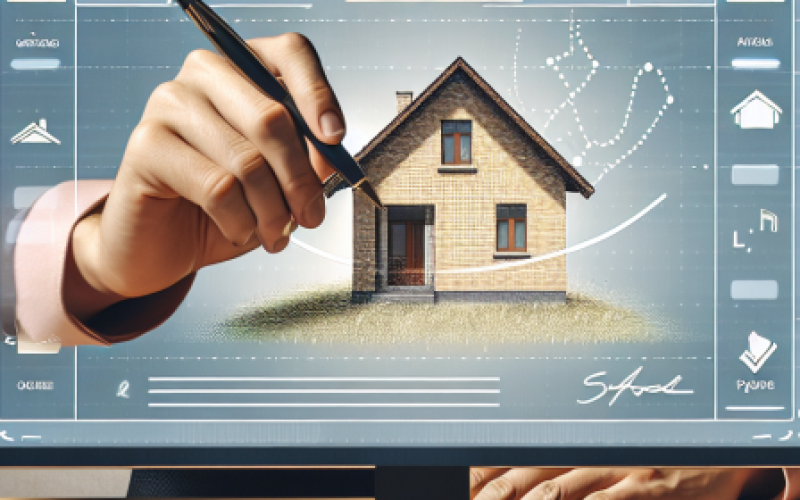
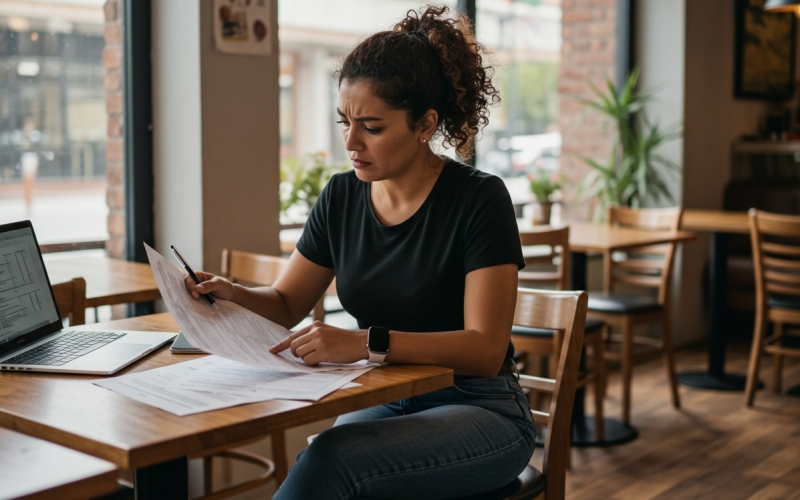
1031 Exchange Explained: How to Sell and Buy Property Without Paying Taxes (Right Away)
A 1031 exchange is a rule in the U.S. tax code that lets you sell one investment property and buy another without paying taxes right away
Read More1031 Exchange Explained: How to Sell and Buy Property Without Paying Taxes (Right Away)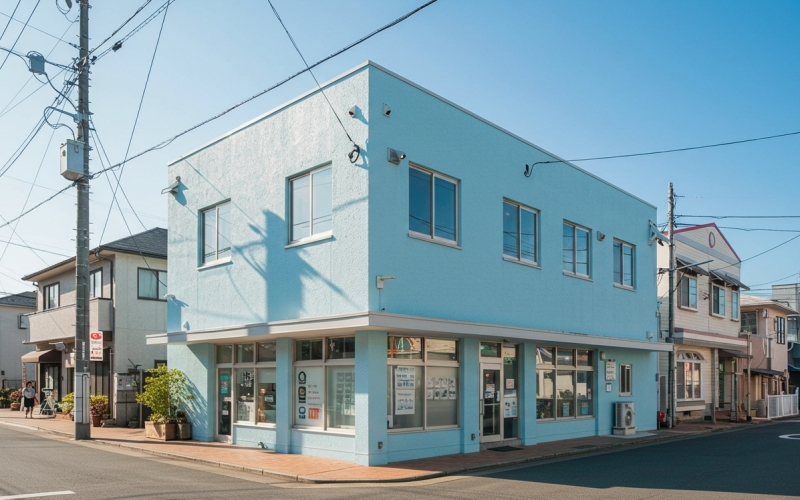
How to Find a Buyer for Commercial Real Estate
Finding the right buyer takes more than luck. It takes action. And the more prepared and involved you are, the faster your sale can happen—and the better your results will be.
Read MoreHow to Find a Buyer for Commercial Real Estate
The Best Real Estate Tools For Homebuyers
These days, you need to move faster because the faster you move, the more money you save. And the more organized you are, the less you make mistakes, and today, a mistake costs a lot!
Read MoreThe Best Real Estate Tools For Homebuyers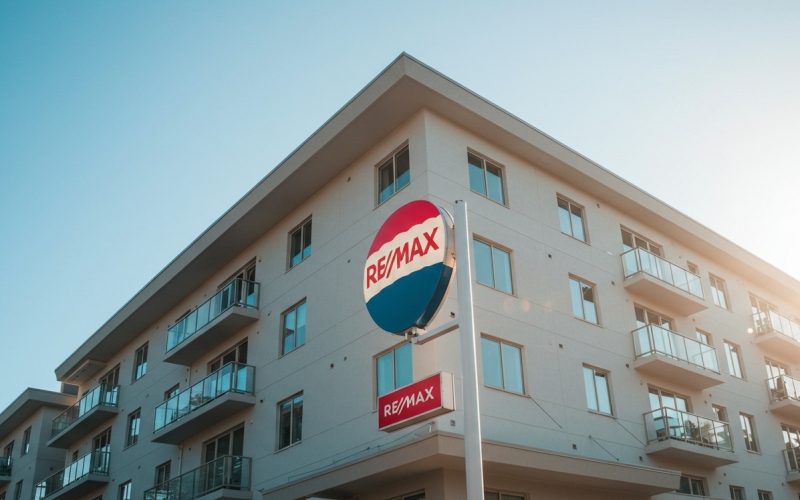
Real Estate Branding: How to Build a Powerful Identity That Sells!
Strong brands create feelings. Whether it’s confidence, comfort, or trust—your brand is how you make clients feel before and after every deal.
Read MoreReal Estate Branding: How to Build a Powerful Identity That Sells!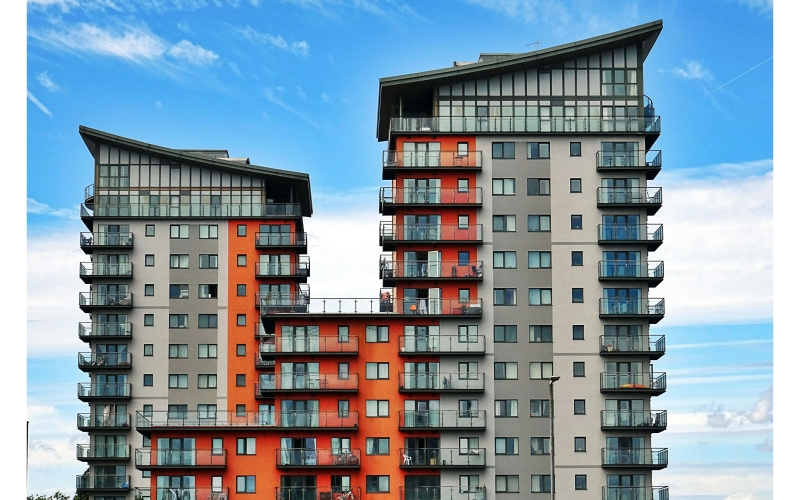
What Is A Rental Property?
A rental property is being rented by the owner of said property for the sole purpose of making a profit.
Read MoreWhat Is A Rental Property?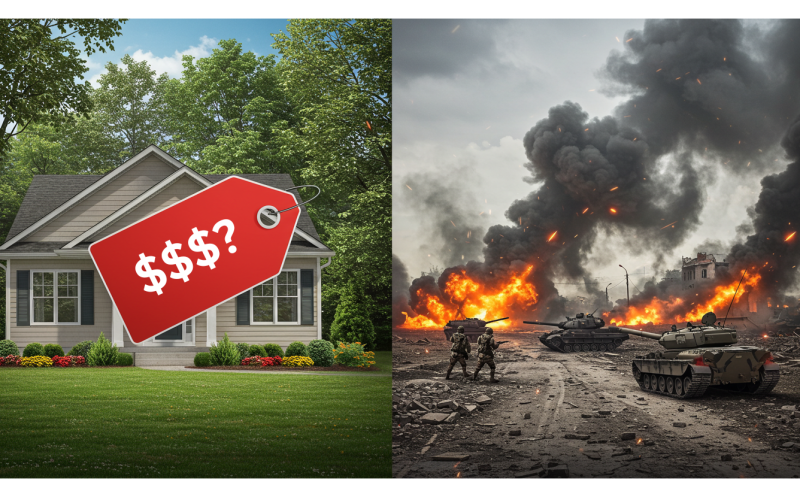
What Happens to U.S. Real Estate When War Breaks Out?
When war breaks out, real estate markets react fast—home prices may drop, demand slows, interest rates shift, and investors often become more cautious.
Read MoreWhat Happens to U.S. Real Estate When War Breaks Out?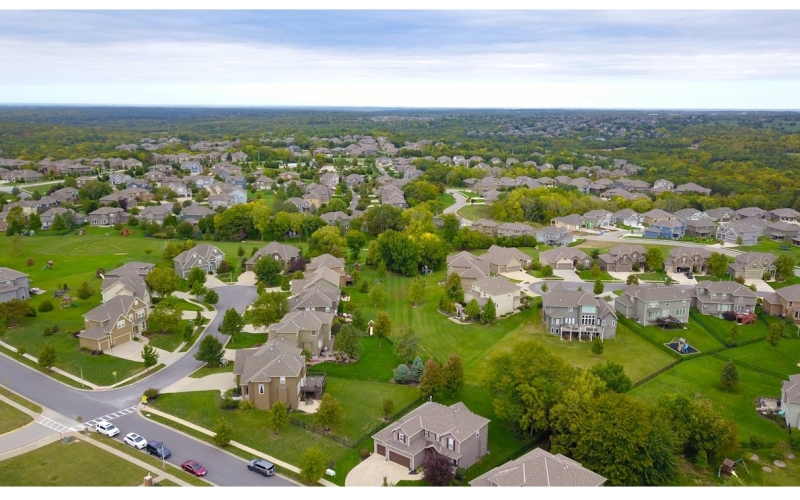
How to Start Investing in Real Estate Even If You're a Beginner!
Start investing in real estate by setting a budget, choosing a property type, getting financing, and working with a trusted agent or advisor.
Read MoreHow to Start Investing in Real Estate Even If You're a Beginner!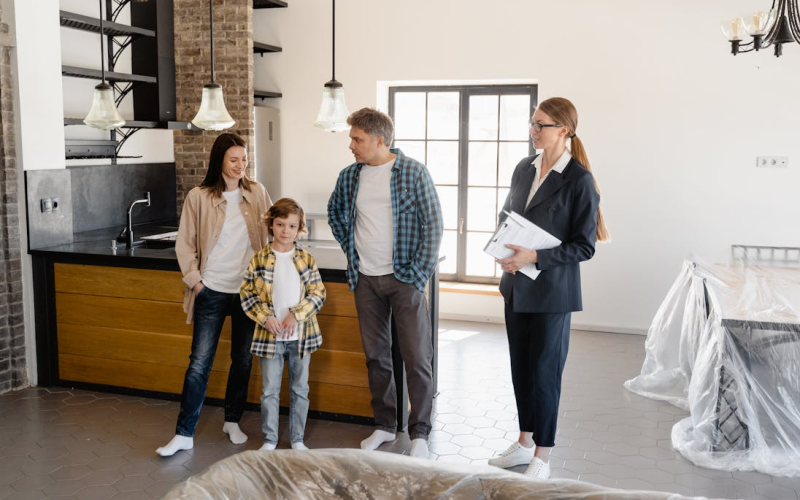
Listing Checklist Before Selling a House
Before listing your house, clean and declutter, make small repairs, and boost curb appeal. Gather key documents, set a fair price with your agent, and take quality photos. Keep the home clean and inviting for showings.
Read MoreListing Checklist Before Selling a House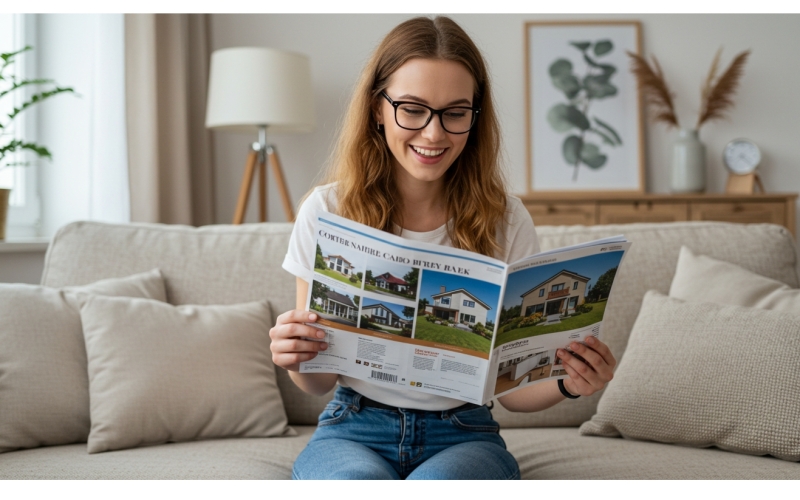
Is It Cheaper to Build or Buy a House
Whether it's cheaper to buy or build a house depends on several factors like location, materials, and labor costs. In many areas, buying an existing home is often more affordable and faster than building one. However, building a home can give you more control over design and energy efficiency. It’s important to compare costs in your area and consider your budget, timeline, and preferences.
Read MoreIs It Cheaper to Build or Buy a House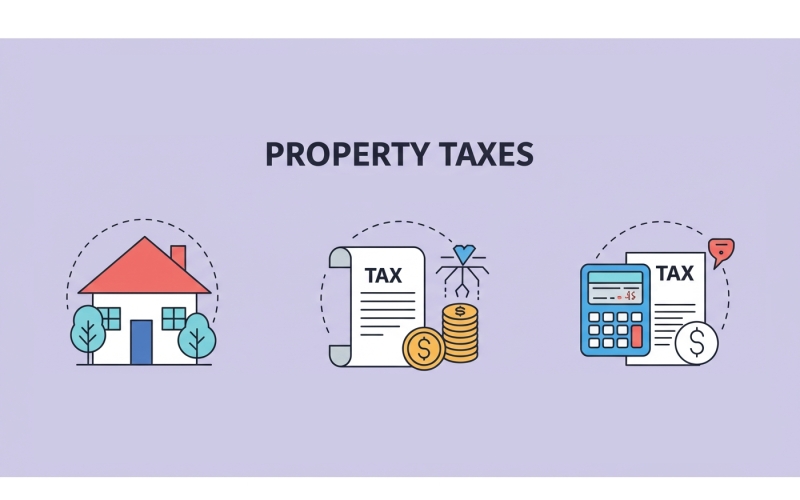
Iowa Property Taxes of 2025
Iowa's property taxes are higher than the national average and vary by county. They are based on the value of land and buildings and help fund local services like schools and public safety. Taxes are paid in two installments each year.
Read MoreIowa Property Taxes of 2025
Cheapest Places to Live in Iowa
Iowa has several affordable places to live, such as Keokuk, Oelwein, and Fort Dodge, known for low housing costs and overall affordability. Keokuk offers scenic views with homes under $90,000, while Oelwein and Fort Dodge provide affordable rent and low property taxes. Cities like Waterloo and Creston also offer budget-friendly options, making Iowa a great choice for those seeking an affordable lifestyle.
Read MoreCheapest Places to Live in Iowa

